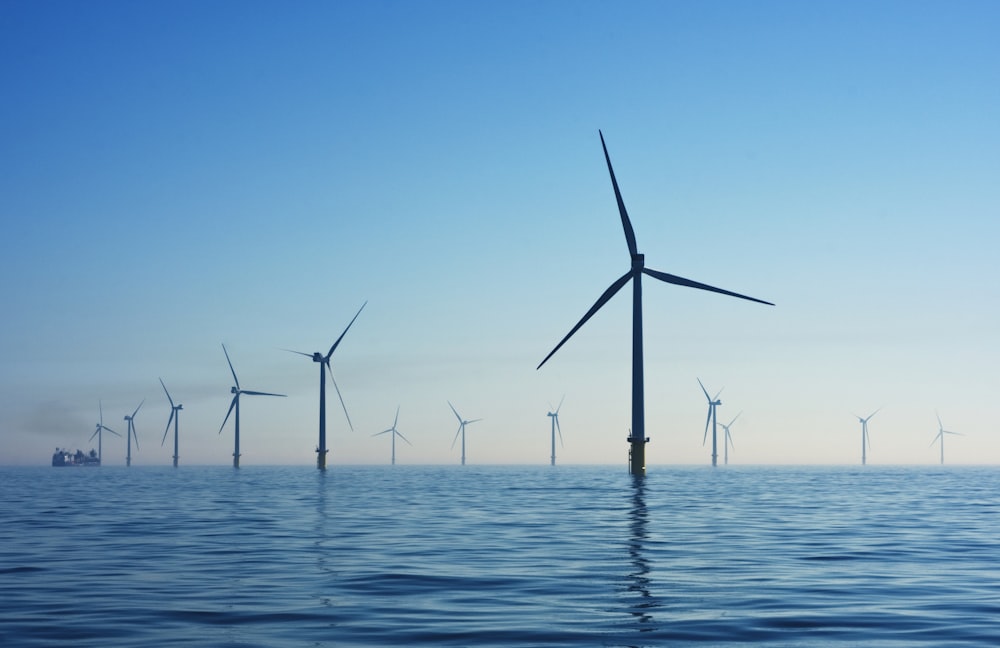UK Gas Shortage Demonstrates Urgent Need for Renewable Energy Sources

The gas shortage afflicting the UK has been in the making for some time now. The past few months have seen global demand rise and immediate alternative supplies slow. But after a period of years, the failure to diversify energy portfolios and disassociate from gas is coming back to bite.
Price rises, compounded supply chain issues, and economic knock-on effects are all beginning to take hold. What is unfolding is the all too predictable consequences of a dependency on oil and gas, and a general sense of complacency over the UK’s net zero ambitions.
The Local Authority Pension Fund Forum (LAPFF) views the current circumstances through the need to decarbonise the economy and ensure appropriate funding to renewables. It is in that context that we continue to make investors aware of the financial risks associated with fossil fuel dependent companies and encourage the companies to adapt their business strategies in line with the net zero carbon challenge.
The UK’s energy supply is not under severe threat, in the immediate term at least.
However, at a minimum, the public will see contingent supply differences with supermarket shelves emptier of some products, higher utility bills, and general price rises. For example, as rising prices make the production of CO2 unprofitable, food processors are beginning to lack in the gas needed in the meat industry to prolong shelf life.
Many that doubt the immediacy of the climate emergency have pointed to the shortfall of solar and wind power generation. The answer, according to such commentators, is to increase dependence on ‘reliable’ non-renewables, unconstrained by the fickleness of the British weather.
But that would be the entirely wrong lesson to take. With not enough alternative sources available, the increased demand for gas has led to skyrocketing price increases and all the associated consequences. It is the reliance on fossils that has fuelled the current predicament. A cursory look at France demonstrates that the UK need not be hooked on carbon-intensive energy. On the other side of la manche, production is concentrated in hydroelectric and nuclear sources.
If fewer sunny and windy days have transpired to produce less energy than expected, the takeaway should not be to slow the flow of investment to these supply sources. Rather, it should be to increase output capacity to make up for less productive days. Investment in battery storage technology should be prioritised, as should diversification of the UK’s energy portfolio into a variety of renewable sources, such as making use of the latent potential for onshore wind and tidal energy (provided ecological issues are managed correctly).
Consequently, Shell’s desire to maintain oil and gas production beyond 2050 is disappointing. We will continue to push for genuine commitment to decarbonise, and use the bulk of our financial backing, in collaboration with CA100+ partners, for such change. In light of the current situation, Shell must reflect on how it understands its societal priorities, as well as its baseline.
The short-term consequences of energy shortages should serve as a siren call for government authorities and the private sector to rethink energy reliance. The immediacy and impact of politically unpopular supply shortages and price rises may expedite the transition towards net zero.
The unpredictability of gas supplies, beholden to nefarious geopolitical interests, and subsequent price rises, will only intensify the demand for greener energy. LAPFF reiterates the message that the sooner investors and companies identify and work towards solving this issue, the better off everyone will be.
